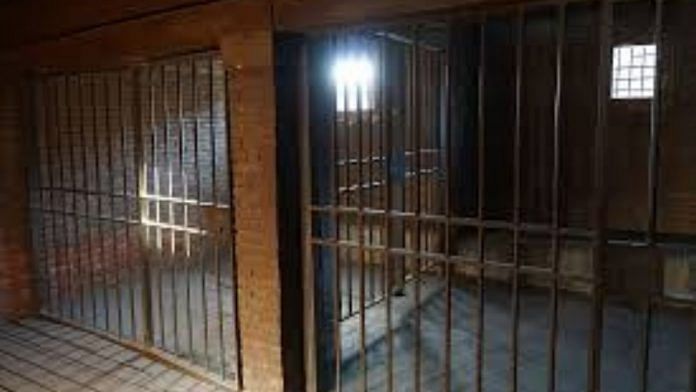New Delhi: The Delhi government’s social welfare ministry is preparing a Cabinet note to introduce amendments that will ensure children with even one parent jailed receive financial and educational assistance from the state.
The amendments, seven in all, are to be introduced into the Scheme for Financial Sustenance, Education and Welfare of Children of Incarcerated Parents, 2014, ThePrint has learnt.
This comes after the Delhi Commission for Protection of Child Rights (DCPCR) submitted a special report to Social Welfare Minister Rajendra Pal Gautam recommending the changes.
Minister Rajendra Pal Gautam confirmed the development. “It should be ready in another 15 days as we have gone through the report and the amendments seem very valid,” he told ThePrint.
The recommendations
The DCPCR report has highlighted that under the current design of the scheme, only children with both parents jailed are offered financial and educational support.
It has added that children with single parent incarceration are equally vulnerable and hence should be eligible for financial assistance.
The current scheme also denies assistance to children whose parents may be arrested but who moved to Delhi less than five years ago.
According to the DCPCR report, a copy of which was accessed by ThePrint, there is no reason that the children’s welfare should be dependent on the date of their parents’ migration to Delhi.
It also notes that “proving residency of five years can be intimidating, particularly for families belonging to the economically weaker section”.
Government sources told ThePrint that there is a consensus on the need to amend the existing residence eligibility rules.
Also read: All about the amended NCT of Delhi bill that’s triggered a new AAP vs Central govt tussle
Report calls for hike in financial assistance
The DCPCR report also states that given the enhanced cost of living from the time the scheme was initiated in 2014, the government should look at increasing the quantum of financial assistance for the first child to Rs 4,000 a month and Rs 3,500 per month for each subsequent child.
At present, the first child gets Rs 3,500 a month while the subsequent children get Rs 3,000 a month.
The report has also recommended reimbursing tuition fee or ensuring that the child gets admitted to the nearest government school if the family cannot afford the school fee.
The recommendation comes as the DCPCR found that the children struggled with their school lives.
“Children experienced varied periods of educational cessation as well as multiple school transitions while some even had to drop out,” the report states. “The children struggled to cope with unresolved grief coupled with feelings of anger towards the criminal justice system due to the ambiguous loss of parents.”
Talking to ThePrint, DCPCR chairperson Anurag Kundu said children of incarcerated parents were vulnerable and required state attention. “We discovered that being the children of convicts made them vulnerable to insensitivity and harassment from relatives, peers and even teachers with a few exceptions,” he said.
2-yr-long research led to recommendations
The recommendations are the result of research carried out between 2017 and 2019 by Dr Neelam Sukhramani, Professor, Department of Social Work, Jamia Millia Islamia.
“I had given detailed presentations to the former DCPCR chief Ramesh Negi and we even held a meeting with all the stakeholders on 28 February, exactly a year ago just before the lockdown,” she said.
Once things eased after lockdown was lifted, Sukhramani helped Anurag Kundu with the final set of recommendations after deliberations over months.
“There has been a lot of focus on children inside jail and not much on those outside and hence these children comprise the invisible population,” Sukhramani added.
Also read: Over 50% people in 10 Delhi districts show Covid antibodies, latest sero survey says



